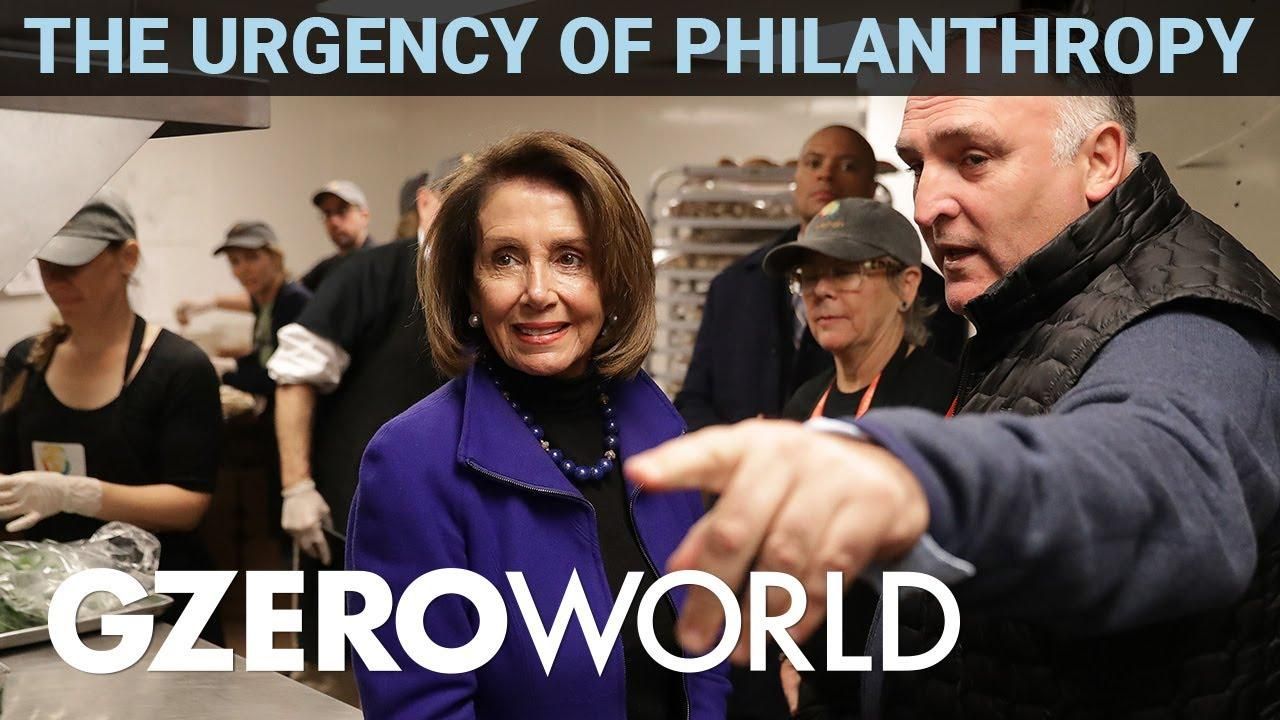GZERO World Clips
Why philanthropic foundations need to spend money (and quickly)

Why Philanthropic Foundations Need To Spend Money (& Quickly) | GZERO World

In today's world, where global development needs are high and seismic geopolitical events have turned back the clock on so much progress, UN Foundation President Elizabeth Cousens says its the perfect time for philanthropy to step up.
Indeed, there's a lot more that can be done, Cousens tells Ian Bremmer on GZERO World.
And philanthropy, she explains, doesn't have to be about greenwashing or PR but rather a way of making things better in many places that have been through more than their fair share in recent years.
Cousens believes there's been a "real reckoning" among people and corporations who are "increasingly recognizing their contribution to the state of the world that is not particularly healthy." And there's the opportunity for them to do real good.
In this Quick Take, Ian Bremmer addresses the killing of Alex Pretti at a protest in Minneapolis, calling it “a tipping point” in America’s increasingly volatile politics.
Who decides the boundaries for artificial intelligence, and how do governments ensure public trust? Speaking at the 2026 World Economic Forum in Davos, Arancha González Laya, Dean of the Paris School of International Affairs and former Foreign Minister of Spain, emphasized the importance of clear regulations to maintain trust in technology.
Will AI change the balance of power in the world? At the 2026 World Economic Forum in Davos, Ian Bremmer addresses how artificial intelligence could redefine global politics, human behavior, and societal stability.
Ian Bremmer sits down with Finland’s President Alexander Stubb and the IMF’s Kristalina Georgieva on the sidelines of the World Economic Forum to discuss President Trump’s Greenland threats, the state of the global economy, and the future of the transatlantic relationship.